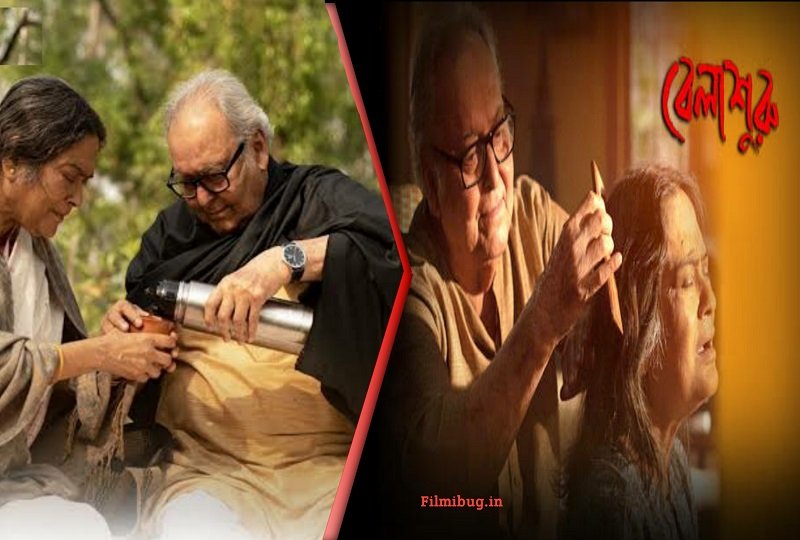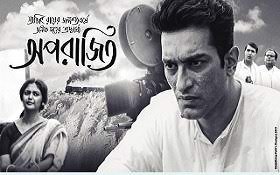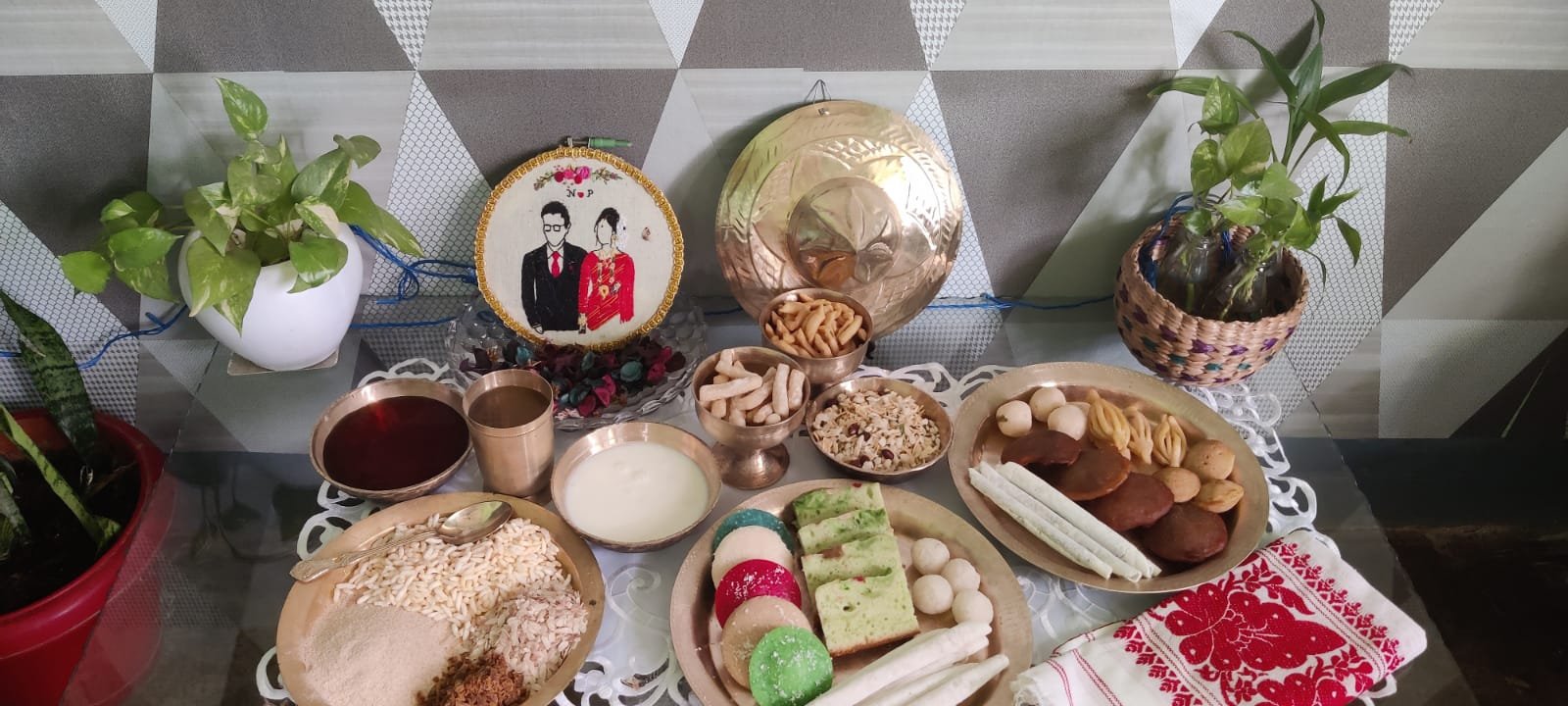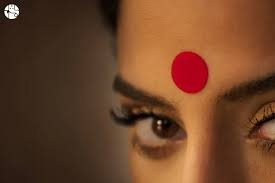A few days back, my family and I were lamenting how no good Bangla films are releasing these days. What a downfall, I sighed.
There was a time when Bengali or Bangla cinema used to boast of some of the best talents, brilliant directors, and scriptwriters and Hindi films took inspiration from Golpo Holeo Shotti (Bawarchi), Dewa Newa (Anurodh), Chhadabeshi (Chupke Chupke), Deep Jwele Jaae (Khamoshi), Uttar Falguni (Mamta) and many more.
Bengal’s iconic directors, Satyajit Ray, Mrinal Sen, Tapan Sinha, Gautam Ghosh, Buddhadeb Dasgupta, Aparna Sen, and Rituporno Ghosh were trailblazers who used to show the rest of the country how films should be made.
Somewhere along the way, Bangla movies seemed to have lost that charm. Over-sentimental, melodramatic, over-the-top kinds of stuff are passed as commercial films. And art films became unnecessarily gruesome, monotonous, or pointless. Bollywood movies had upgraded to far more realistic, relevant themes and sensible treatment. Naturally, viewers shifted allegiance, and even South Indian movies started stealing the thunder.
However, the scene seems to be brightening up a bit recently. Two recently released films have raised my hopes from this hallowed industry that used to be the forerunner in path-breaking films.
Aparajito – The Clutter Breaker
With Aparajito, director Anik Dutta has presented a well-researched, nuanced, thoroughly entertaining take on the making of the all-time great classic – Pather Panchali. All over the world, cinephiles, artists, and film experts revere Satyajit Ray’s iconic film, and it certainly wasn’t an easy task to present a fresh look into the making process that has already been documented on paper.
Dutta knew he would be skinned alive for attempting to touch this subject, and people would pounce on him had he committed any sacrilege. But the film is a sincere attempt, taking us through the laborious, anxiety-ridden journey of creating a masterpiece by a revolutionary, clutter-breaking director, in the face of all odds. That the work was so different from the usual stuff being churned out made it even more difficult for Ray.
And Dutta faithfully encapsulates Ray’s brilliance, his resilience, his doggedness, and his ultimate triumph. He brings out the ethos, the mood of the radical 70s decade when people dared to think differently.
The film is shot in black and white and is an homage to the maestro, no doubt, but it also holds its own in terms of story, portrayal, and treatment. And it brings to the fore, several facts that an ignoramus like me wasn’t aware of. All without an iota of unnecessary superciliousness. The heartfelt performance by Jeetu Kamal and all the supporting actors is the icing on the cake.
The only thing I didn’t like in this otherwise splendid film is its verbosity. The film is too dialogue-heavy, explaining every little thing painstakingly. Perhaps the director thought it necessary to avoid any allegations of misinterpretation.

Belashuru – Tackling A Sensitive Subject With Heart
A few years back, when the Bangla film Belaseshe was released – with the radical theme of a septuagenarian man thinking of divorcing his wife at the cusp of their golden anniversary, viewers were pleasantly surprised at the mature, matter-of-fact treatment and thoroughly entertaining storyline. A relatively fresh director duo – Shiboprasad Mukherji and Nandita Chatterjee shot into fame with this blockbuster hit that was later even remade in other languages.
Then came a string of underwhelming films, after which the duo made the sensitive, heart-touching Kantho, a film on the sudden loss of the speech abilities of a radio jockey.
And now comes Belashuru, the latest film by the directors I am referring to. Though not as riveting as Belaseshe, it’s nevertheless a sincere attempt to capture the fallout of Alzheimer’s on a loving, yet slowly disintegrating family. The havoc that this dreaded disease plays in the lives of those affected and their close ones is aptly captured.
With Bengal’s iconic Soumitra Chatterjee sensitively portraying a hapless husband attending to the growing needs of a gradually deteriorating wife, this film starts an important conversation on Alzheimer’s. It stresses that caregivers are equally, if not more, affected by this debilitating illness. And that genuine love and care are the only treatment for such ailments. Eminent theatre actress, Swatilkeha Dasgupta, renders a goosebump-inducing performance.
There are a few unnecessary nods to commercialism in the film. Songs, dances, and comic sequences have been added to appeal to the common viewer. But overall, the film sensitively spotlights the issue of Alzheimer’s, particularly the plight of those who serve without any hope of recognition or reprieve.
It’s good that Bangla film directors are now looking toward relevant and topical themes. Instead of harping on nostalgia and “Bangaliana”, a universal, relatable approach would work in the long run and give us some genuinely relatable films.

By Barnali Roy
Presently a Blogger and Content Writer, Barnali Roy has been a corporate employee and faculty for Business Communication, HR, and Soft Skills in the past. An avid reader, cine-lover, foodie, crossword and travel enthusiast, she writes on diverse niches ranging from food and health, to motivation, emotional growth and self-development. She can be contacted at barnaliroy18@gmail.com

















Facebook Comments